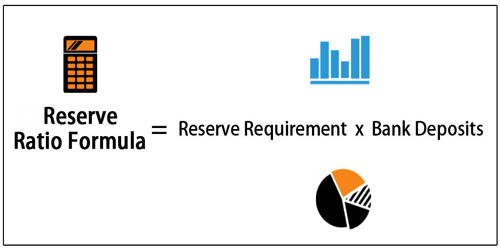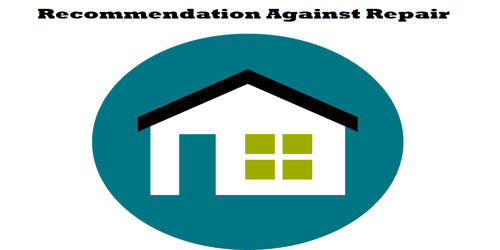Ethical banking refers to the practice of financial institutions considering the social and environmental impacts of their activities, products, and services. This type of banking seeks to balance profit-making with responsible, sustainable, and transparent business practices that promote the well-being of individuals, communities, and the environment.
Ethical banking practices include fair treatment of customers, responsible lending and borrowing, and investing in environmentally and socially conscious projects and companies. An ethical bank, also known as a social, alternative, civic, or sustainable bank, is one that considers the social and environmental consequences of its investments and loans. The ethical banking movement includes such movements as fair trade, ethical consumerism, and social enterprise, as well as ethical investment, impact investment, socially responsible investment, and corporate social responsibility.
This type of banking aims to support sustainable and responsible initiatives, promote fair and transparent transactions, and avoid financing activities that harm people or the environment. Ethical banking can include practices such as offering green investment options, avoiding investment in industries such as fossil fuels and tobacco, and promoting financial literacy and financial inclusion for marginalized communities.
The goal of ethical banking is to align financial interests with the greater good and promote sustainable economic growth. This can include supporting environmentally friendly projects, avoiding investment in companies that have a negative impact on society and the environment, offering fair and transparent financial products, and prioritizing the needs of customers over short-term profits.
Other aspects of ethical consumerism, such as fair trade labeling, have extensive codes and regulations that must be followed in order to be certified. Because ethical banking has not evolved to this point, it is difficult to develop a concrete definition that distinguishes ethical banks from conventional banks. Ethical banks are subject to the same regulations as traditional banks and must follow the same rules. While ethical banks differ, they all share a desire to uphold principles in the projects they finance, the most common of which are transparency and social and/or environmental values.
Ethical banks may have lower profit margins than traditional banks, so they may have fewer offices and operate primarily by phone, Internet, or mail. Ethical banking is one of several types of alternative banking. Many ethical banks (as well as some conventional banks) allow customers to donate to organizations that have a positive societal/environmental impact in their community or in developing countries. Examples include an assessment of a home’s energy efficiency and potential improvements; carbon offsets; Coro Strandberg 2005 credit cards that benefit charities; and lower interest rate loans for low-emission vehicles.
















